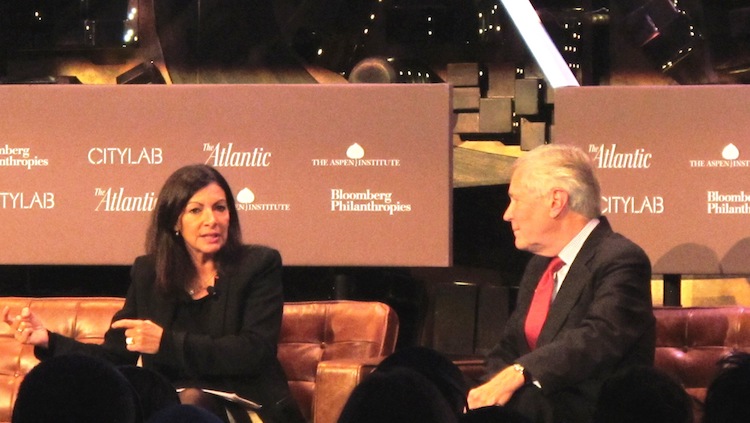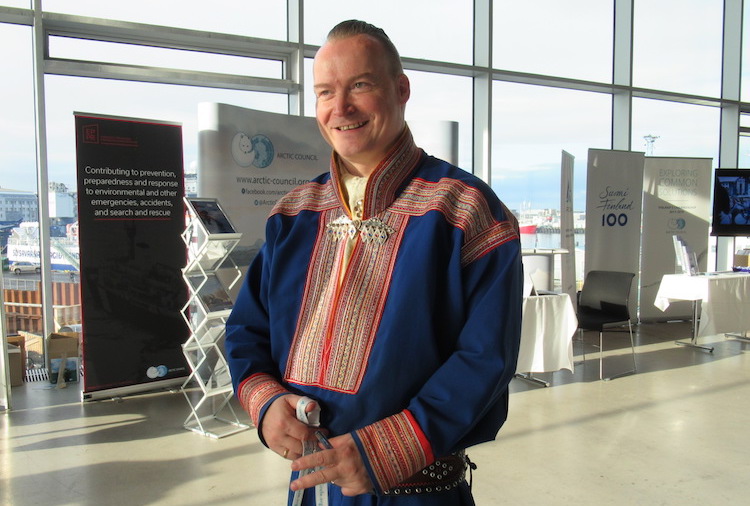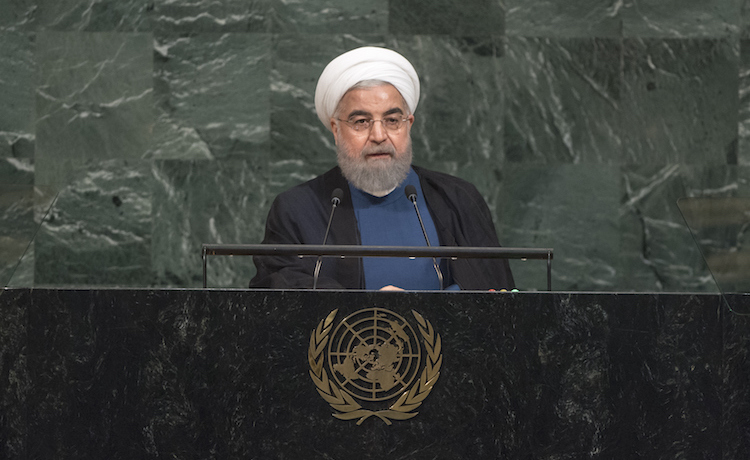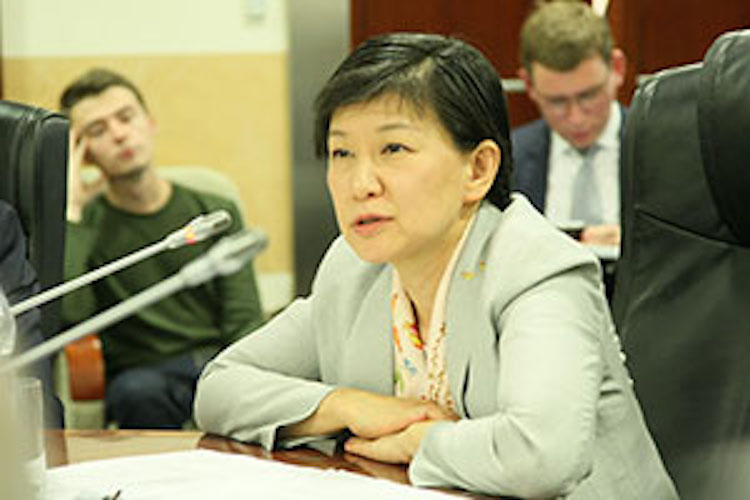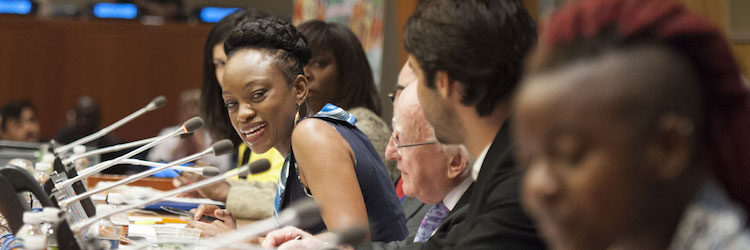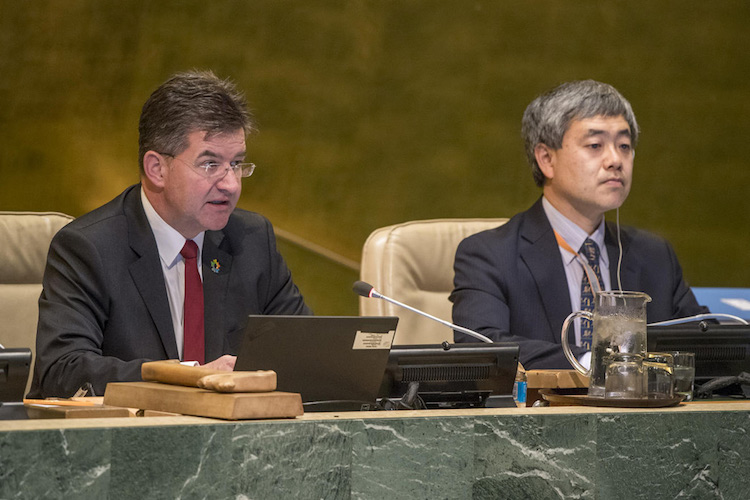By J Nastranis
NEW YORK | MANILA (IDN) – Chimpanzees – which share some 99 per cent of their DNA with us – are in trouble, despite national protection efforts across Africa, says the world-renowned conservationist Ian Redmond.
“Although our zoological next of kin with the widest distribution of any ape apart from ourselves, they are an endangered species. Most are declining in number – victims of habitat loss and poaching – and have been extirpated in at least three, possibly five other countries,” he said.
Redmond – who is Ambassador to the Convention on Migratory Species – was speaking from the Philippines where he is participating in this year’s largest global wildlife summit. The triennial meeting of the Convention on Migratory Species (CMS COP12), which opened in Manila on October 23, has agreed to list Chimpanzees on both its Appendices to offer them much-needed trans-border protection.


